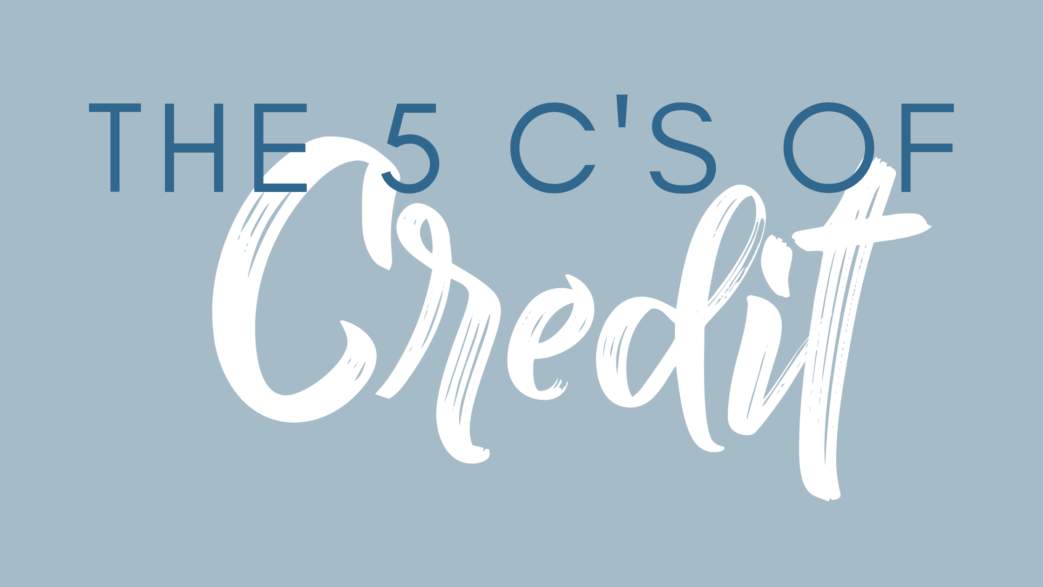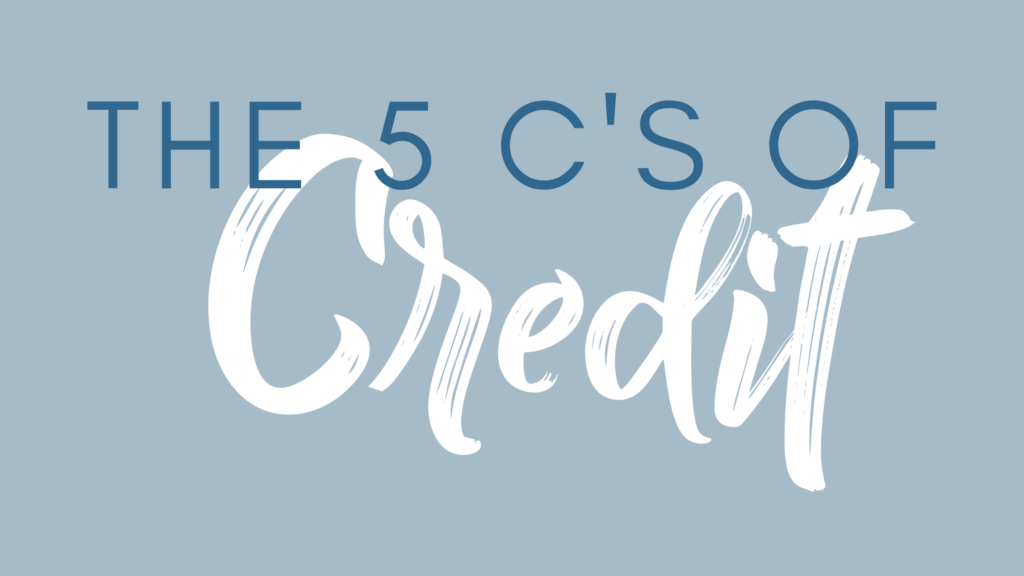The 5 Cs of Credit determine how lenders define your creditworthiness. They are character, capacity, collateral, capital, and conditions and each determines how likely you are to receive funding. I will explain all 5 C’s in-depth below.
The 5 C’s of Credit Explained
Character
The first and probably the most important C in creditworthiness is your character. Your character is your past financial track record. It is determined by whether you have paid your loans on time. Personal credit history is compiled by national credit report agencies like Equifax and TransUnion. The report details past lenders, the type of loan or mortgage granted, your payment requirements, any outstanding balances, etc. These agencies consolidate your data into what is known as your FICO Score. Lower FICO scores mean more lender risk, where a higher score represents less risk.
Capacity
In the 5 Cs of Credit, your capacity to repay a mortgage or loan determines lender risk. Capacity is determined by your income, employment history, and current job stability. Simply put, your capacity to repay the lender is put into 2 categories, high or low capacity borrowers. If you are a business owner that doesn’t have a steady stream of income, you could be considered a low-capacity borrower. Debt-to-Income (DTI) ratio can also be included in a lender’s determination of your creditworthiness.
Collateral
Your collateral guarantees the lender repayment when borrowing out funds for a mortgage or loan. Collateral is broken down into 2 categories, fixed assets, and financial assets. A fixed asset example is a piece of land. Financial assets can be stocks and bonds. Unfortunately, collateral is not a fair measurement of a borrower’s capacity because these assets can lose value.
Capital
Examples of capital are your savings and checking accounts and any investments. Other valuable assets such as land and jewelry are considered as well. These can be a lender’s additional safety zone in case of unforeseen life issues. Issues that can cause a borrower not to pay are unemployment or divorce which can lead to a diversion of funds to spousal and child support payments. Your capital is on the table when you’re borrowing funds.
Conditions
Certain conditions can create investment risk. There are two types of conditions that can affect credit. They are external conditions and internal conditions. Examples of external conditions are economic downturns, politics, interest rates, or new laws that negatively impact the housing or financial market. Internal conditions require the borrower to guarantee the lender how they plan to use the money. There is a bit more control with internal conditions.
Contact me today for a deeper understanding of the 5 C’s of Credit.


